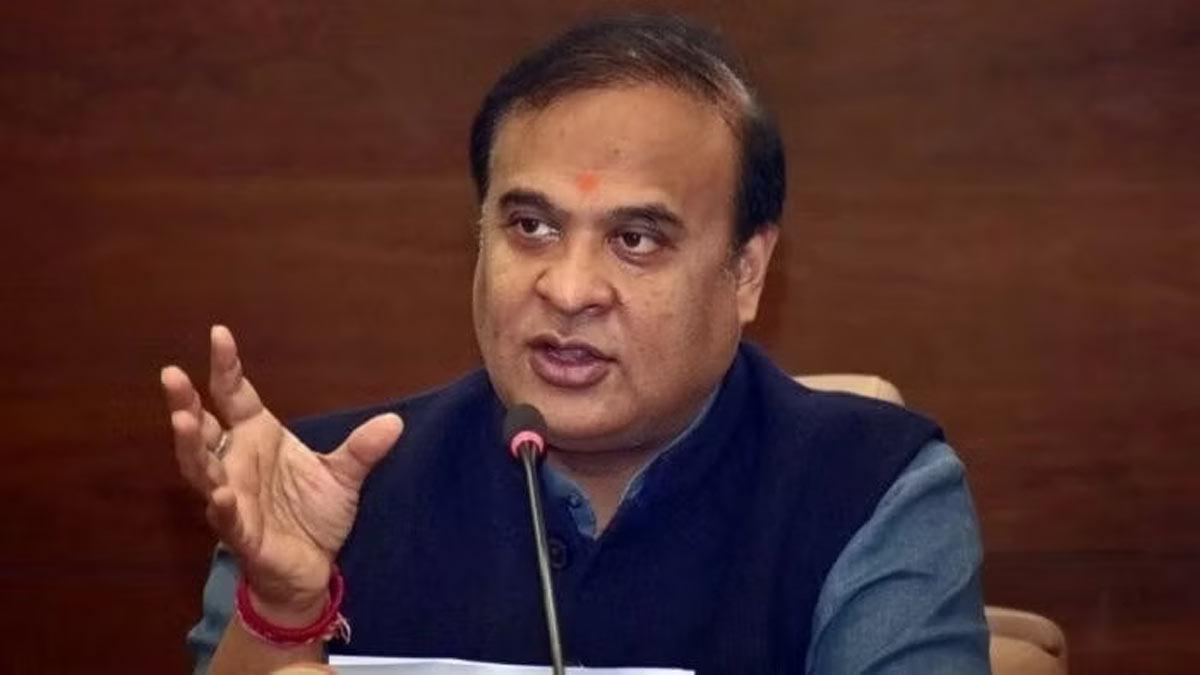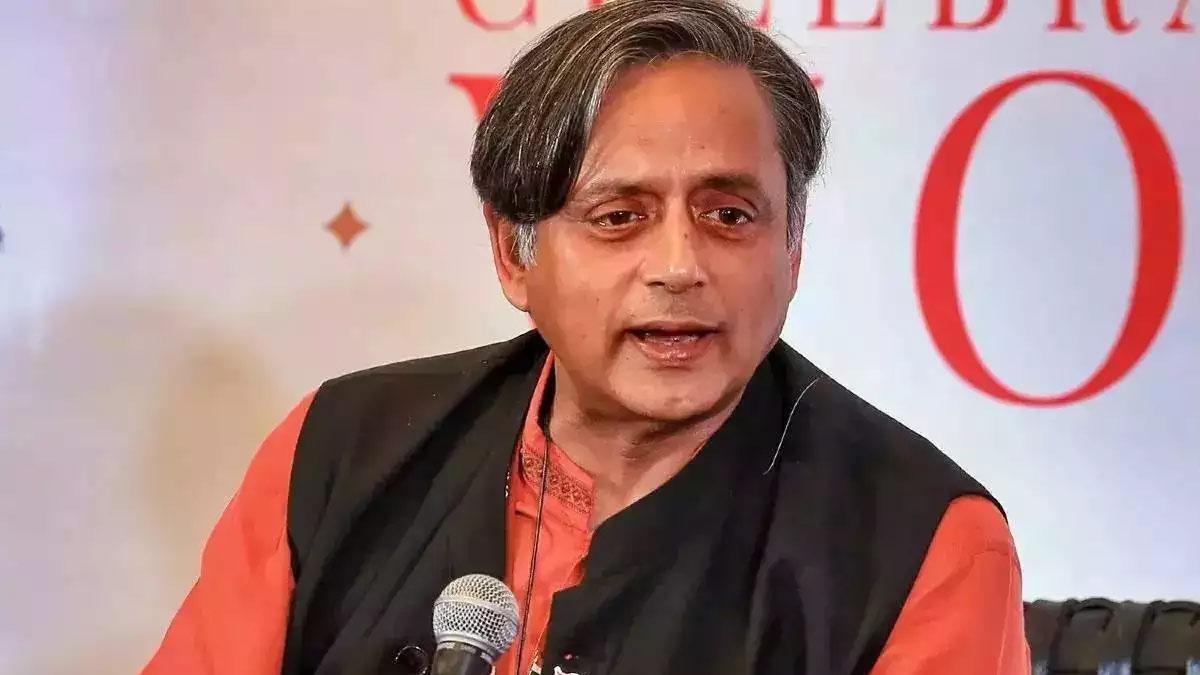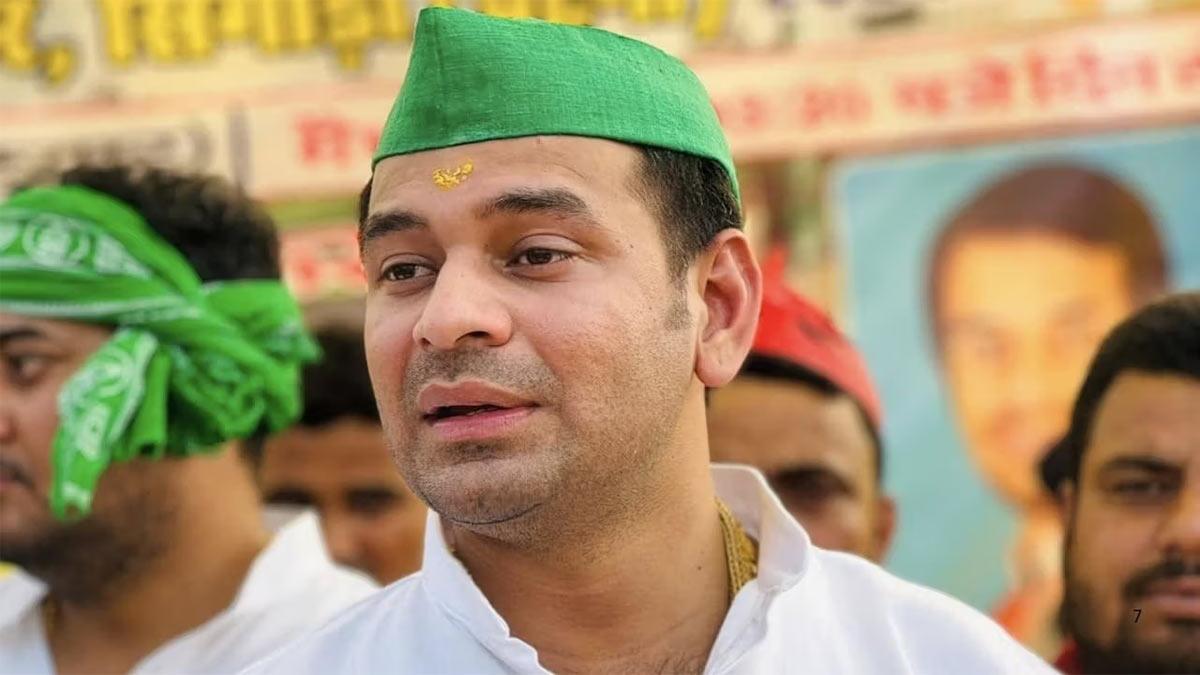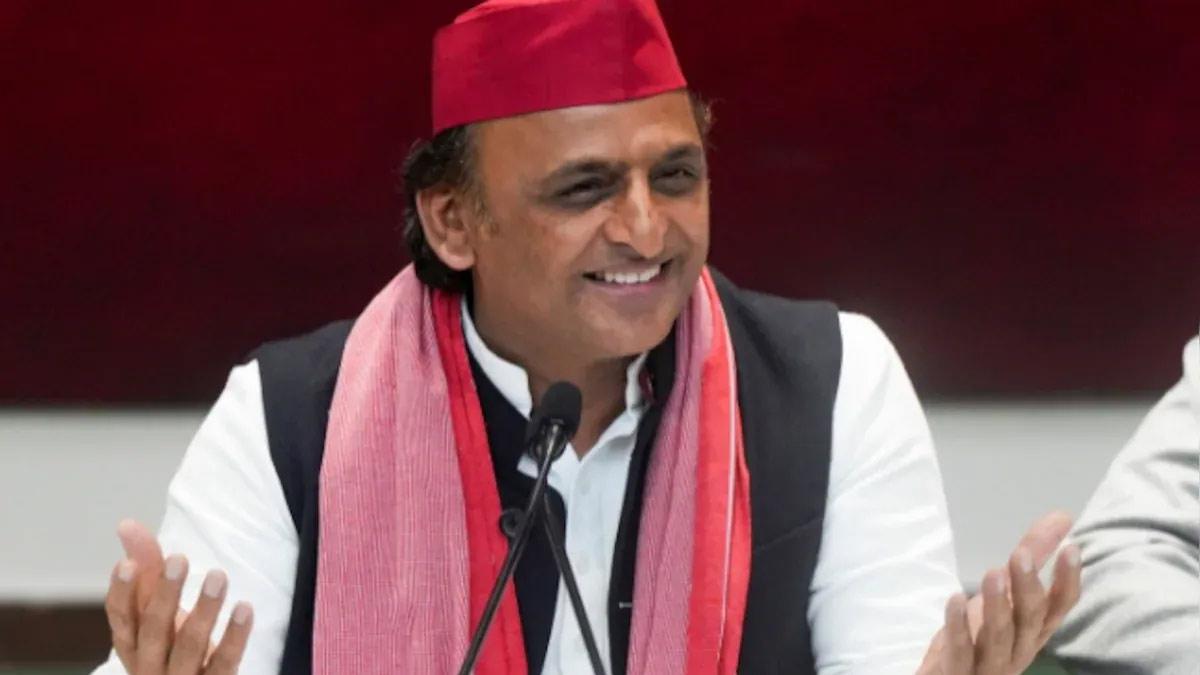Assam Chief Minister Himanta Biswa Sarma has rejected recent fears expressed by Pakistan about the Brahmaputra River as an unsubstantiated attempt to instill panic over a so-called threat.
Stressing his response to a viral query — "What if China stops the Brahmaputra's water to India?" — Sarma turned to social media site X on Monday, insisting that the report was based on misinformation rather than hydrological fact.
"Let's demolish this myth, not with fear, but with facts and national clarity," Sarma tweeted, pointing out that the Brahmaputra River "grows in India, not shrinks because of anything upstream."
The Chief Minister explained that merely 30 to 35% of the river's flow comes from China — principally from glacial runoff and meager rain over the Tibetan plateau. In contrast, the water in the Brahmaputra is produced by 65 to 70% within India, courtesy of monsoon rainfall and input from several tributaries in the Northeast.
Based on flow data, Sarma pointed out the drastic contrast in volume as the river flows through Indian land. While the flow at Tuting, on the Indo-China border, hovers between 2,000 and 3,000 cubic metres per second, it bulges to 15,000–20,000 m³/s in Assam during the monsoon — highlighting the overwhelming contribution of Indian rain in energizing the river.
"Brahmaputra is not an upstream river India relies on. It is an Indian rain-fed river system, enhanced after entering Indian territory," Sarma added in his statement.
He also contended that in a hypothetical situation where China cut its share of water, it would actually serve to reduce the frequent and destructive floods Assam undergoes every year — a problem that annually displaces huge numbers and causes huge amounts of damage.
Sarma explained that China has never officially threatened to utilize the river as a strategic weapon, and termed such reports as speculative and alarmist.
Criticism came at the expense of Pakistan, which he accused of being hypocritical with its long history of reliance on the Indus Waters Treaty while currently showing concern over India's rights to water.
"Brahmaputra is not dominated by one source. It's driven by our geography, our monsoon, and our civilisational resilience," Sarma concluded, offering a strong and fact-based counter.


















